By Bafana Phalane
The Democratic Republic of Congo Conflict: A Threat to Regional Stability and South Africa’s Growing Concerns.
The Democratic Republic of Congo (DRC) has been mired in a cycle of violence, instability, and conflict for decades. Since the mid-1990s, the resource-rich country has been a battleground for armed groups, neighboring governments, and international peacekeeping forces. The most recent escalation, involving the M23 rebels backed by Rwanda, has not only intensified the humanitarian crisis in the region but has also drawn South Africa into the fray through the deployment of the South African National Defence Force (SANDF). The deaths of 13 SANDF soldiers in the past week have amplified concerns in South Africa, sparking debates over the country’s role in regional peacekeeping efforts and raising questions about the costs of military engagement in the DRC. This issue has now taken center stage in South African political discourse, with growing calls for a reassessment of the country’s foreign policy.
The involvement of the SANDF in the DRC is part of South Africa’s broader commitment to regional peacekeeping under the Southern African Development Community (SADC) and the United Nations (UN). However, recent clashes with the M23 rebels have exposed the vulnerabilities and risks associated with these deployments. On January 25, the SANDF confirmed the deaths of nine of its soldiers in combat, with several others wounded. In subsequent fighting, four more soldiers lost their lives, including three during an attack at the airport in Goma, the provincial capital of eastern DRC.
The loss of South African troops has shocked the nation and prompted urgent discussions about the wisdom of continued military involvement in the DRC. South Africa has long played a leadership role in regional peacekeeping efforts, but the intensification of the conflict, coupled with the apparent lack of a clear exit strategy, has led to widespread concern over the safety of SANDF personnel and the strategic interests at stake.
South Africa’s military presence in the DRC stems from its commitment to regional security and stability. The SANDF operates under two primary missions: the SADC Mission in the DRC (SAMIDRC) and the UN’s MONUSCO peacekeeping force. These efforts aim to protect civilians, support peace processes, and prevent further escalation of violence in one of Africa’s most volatile regions.
However, the growing perception that South African soldiers are being placed in harm’s way without adequate support or a clear diplomatic strategy has led to a shift in public opinion. South Africans are beginning to question whether the country’s involvement in the DRC serves its national interest or whether it is an ill-advised commitment that drains resources and risks lives without achieving tangible results.
In the wake of the latest casualties, public outcry has intensified across South Africa. Citizens, political leaders, and civil society organizations are voicing their concerns, with many calling for the immediate withdrawal of SANDF troops from the DRC. The main opposition party, the Democratic Alliance (DA), has been particularly vocal, with its shadow minister of defence, Kobus Marais, stating that “the SANDF’s continued involvement in the DRC is a clear example of the ANC government’s failed foreign policy.”
The Economic Freedom Fighters (EFF) have also criticized the deployment, arguing that South Africa should focus on domestic issues rather than engaging in costly foreign military interventions. Meanwhile, families of the fallen soldiers are demanding greater accountability from the government, questioning whether their loved ones were adequately prepared and supported for such a dangerous mission.
The ongoing debate over the SANDF’s presence in the DRC has placed President Cyril Ramaphosa’s administration under intense scrutiny. While the government has defended its commitment to regional security, critics argue that South Africa’s military interventions have not yielded the expected peace dividends. The deaths of SANDF soldiers have provided fresh ammunition for opposition parties ahead of the 2024 elections, with some politicians accusing the government of using the military to pursue diplomatic ambitions at the expense of soldiers’ lives.
Moreover, the broader question of South Africa’s foreign policy direction has resurfaced. Is the country overextending itself by playing the role of regional peacekeeper? Should it prioritize economic and social challenges at home instead? These questions are now dominating political discourse, with increasing calls for a reassessment of South Africa’s military engagements beyond its borders.
Apart from the loss of life, South Africa’s involvement in the DRC carries significant economic implications. Deploying troops abroad is an expensive endeavor, and critics argue that these funds could be better spent addressing pressing domestic issues such as poverty, unemployment, and crime. With South Africa facing its own economic challenges, including high unemployment rates and a struggling energy sector, some believe that resources should be redirected toward domestic development rather than overseas military operations.
Additionally, there is growing concern about the psychological and emotional toll on soldiers and their families. Reports of inadequate compensation, poor logistical support, and insufficient mental health services for returning troops have only fueled public frustration. The question remains: Is South Africa asking too much of its soldiers without offering them the necessary support?
While the calls for withdrawing SANDF troops grow louder, experts warn that a hasty exit from the DRC could have serious consequences. A complete withdrawal might embolden armed groups like M23, further destabilizing the region and undermining years of diplomatic efforts. Instead, South Africa needs to adopt a multi-faceted approach that prioritizes diplomacy, regional cooperation, and sustainable development.
One potential solution is to intensify diplomatic pressure on Rwanda to halt its support for M23 rebels. South Africa, as a leading member of the African Union (AU), could work alongside other regional powers to broker a lasting peace agreement in the DRC. Additionally, investing in economic development initiatives within the DRC could help address some of the root causes of the conflict, reducing the need for military intervention in the long run.
The escalating conflict in the DRC has placed South Africa at a crossroads, forcing the nation to confront difficult questions about its role in regional stability. The recent deaths of SANDF soldiers have ignited a debate about the costs and benefits of continued military engagement in the DRC. While the SANDF has played a crucial role in promoting peace and security, the growing domestic opposition signals a shift in public sentiment.
As South Africa navigates this complex situation, a balanced approach is needed—one that values both regional peacekeeping responsibilities and the well-being of its own citizens. The government must engage in meaningful dialogue with the South African public, ensuring that its foreign policy decisions reflect the interests and concerns of the nation. Ultimately, the people of South Africa and the broader region deserve a commitment to sustainable peace, security, and prosperity.
Bafana Phalane: Editor & Founder @ Maverick Point


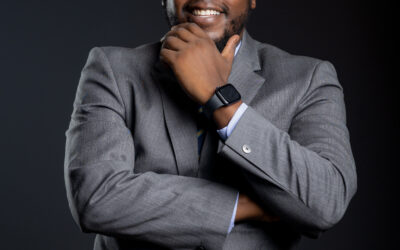
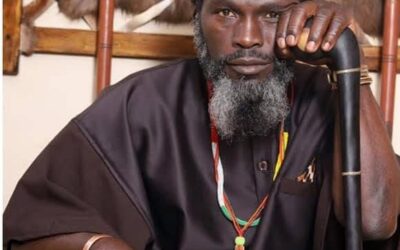

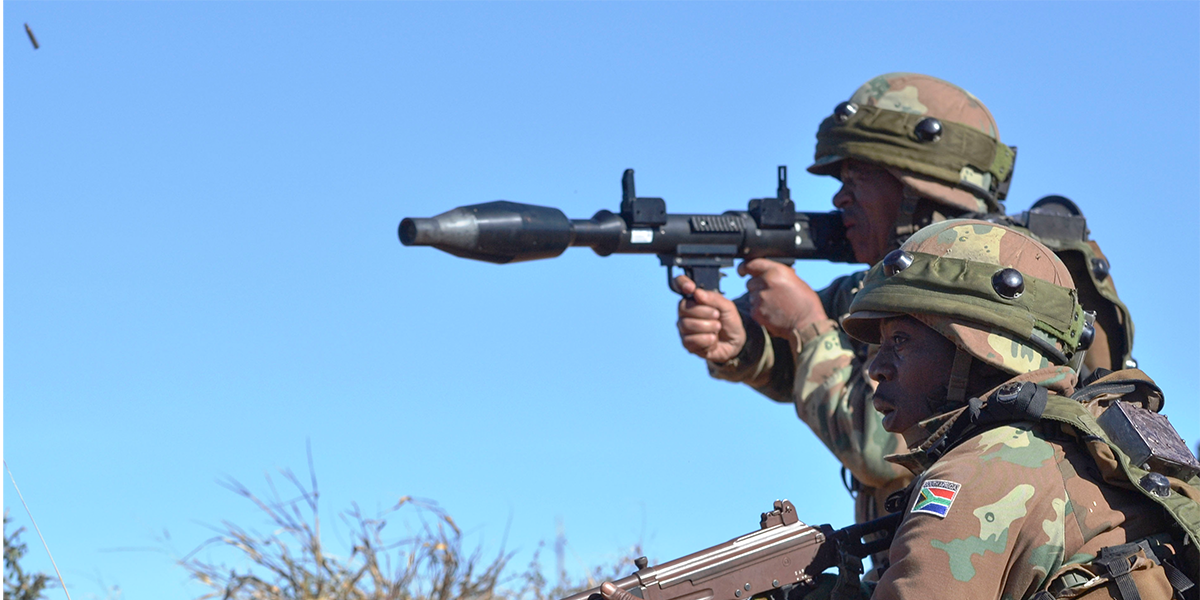
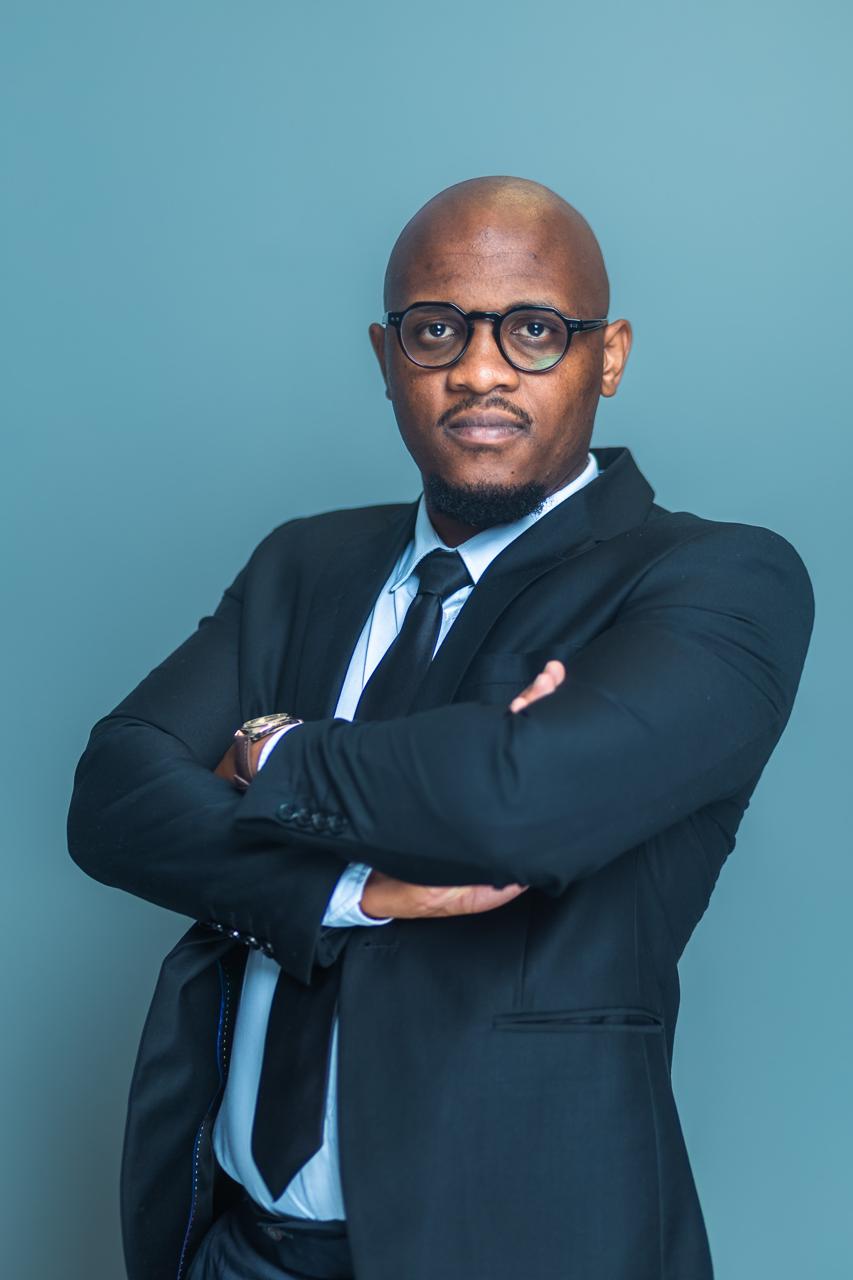
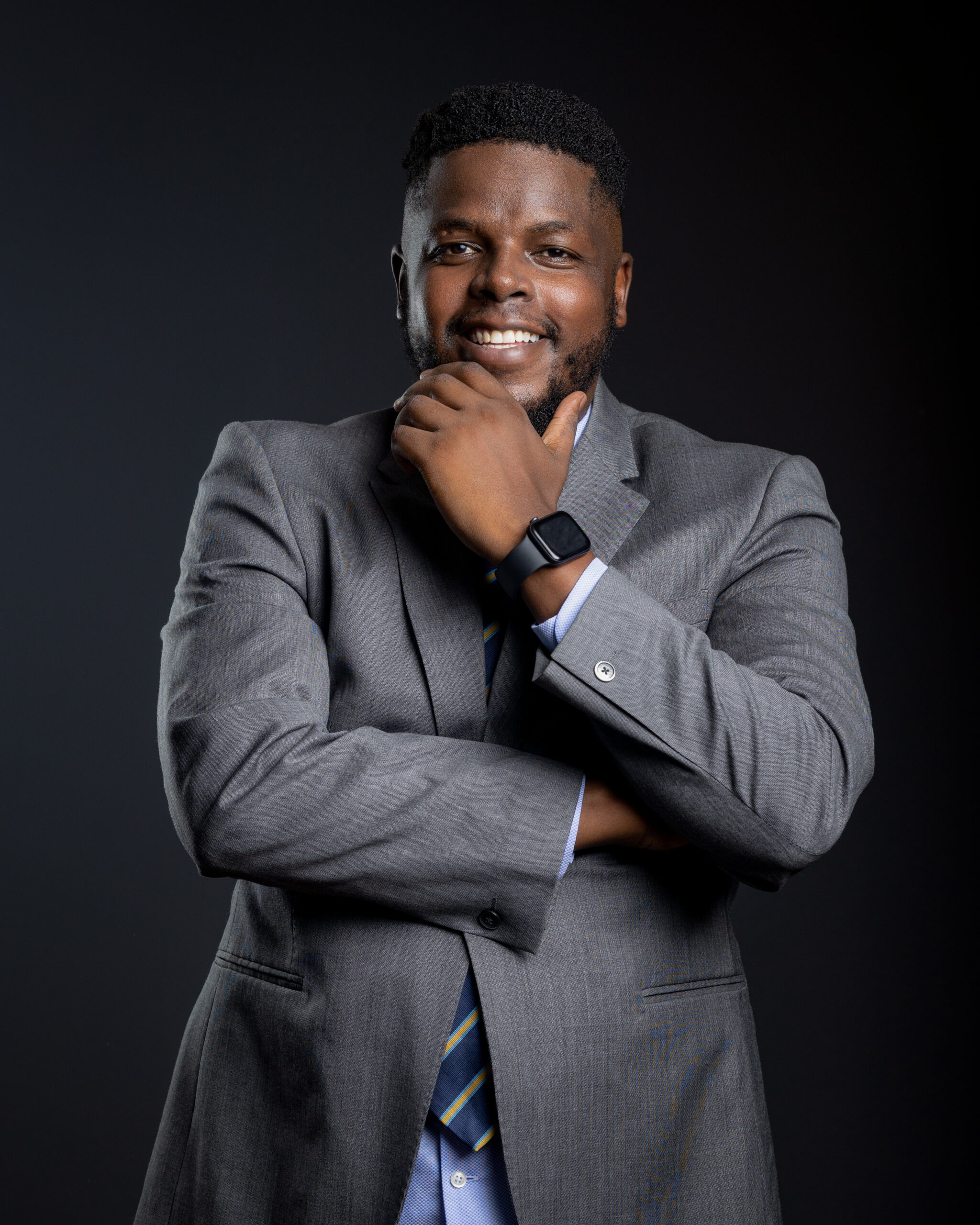
12 thoughts on “The DRC Conflict and The Involvement of The SANDF.”